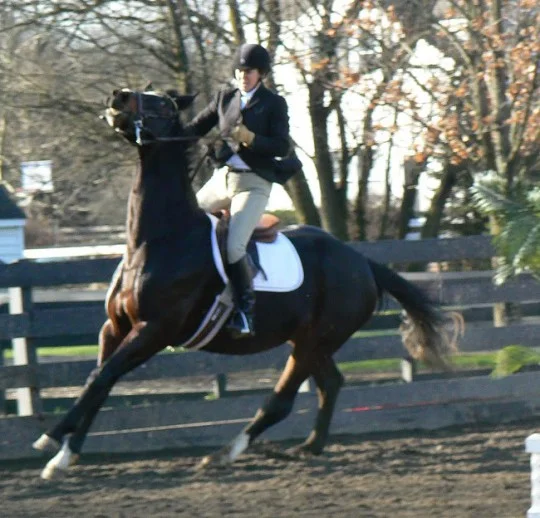Overcoming Fear of Reflective Surfaces for Your Horse

Horses are naturally cautious animals, and reflective surfaces such as mirrors, windows, or shiny objects can sometimes trigger fear or anxiety. Understanding why horses react this way and how to help them overcome these fears is essential for their well-being and your safety.
Why Are Horses Afraid of Reflective Surfaces?
| Reason | Explanation |
|---|---|
| Instinctual Caution | Horses are prey animals; sudden reflections can resemble movement or another animal, causing alarm. |
| Lack of Familiarity | Unfamiliar objects or changes in the environment can be unsettling for horses. |
| Sensory Sensitivity | Horses have keen eyesight and may misinterpret reflections as threats. |
Signs Your Horse Is Fearful of Reflective Surfaces
- Staring or wide-eyed expression
- Ears pinned back or flicking
- Tense body posture
- Avoidance or refusal to approach
- Nervous behaviors like pawing or snorting
Steps to Help Your Horse Overcome This Fear
1. Gradual Exposure
Introduce reflective surfaces slowly. Start with small, less intimidating reflections and gradually increase exposure as your horse becomes more comfortable.
2. Positive Reinforcement
Use treats, praise, and calm voice tones to reward your horse when it approaches or interacts calmly with reflective surfaces.
3. Desensitization Exercises
Create controlled scenarios where your horse can safely explore reflections without pressure. For example, place a mirror at a distance and slowly move it closer over time.
4. Consistency and Patience
Regular, short training sessions are more effective than infrequent, long ones. Patience is key to building trust and confidence.
Practical Tips
- Avoid sudden movements near reflective surfaces.
- Use familiar objects around mirrors to reduce novelty.
- Ensure the environment is calm and quiet during training.
FAQ
Q: Can all horses overcome fear of reflective surfaces?
A: Most horses can learn to tolerate or even ignore reflections with proper training and patience.
Q: How long does it take to desensitize a horse?
A: The timeline varies depending on the horse’s temperament and previous experiences, ranging from days to several weeks.
Q: Should I seek professional help?
A: If your horse’s fear is severe or causes dangerous behavior, consulting a professional trainer or equine behaviorist is recommended.
Helping your horse overcome fear of reflective surfaces not only improves their comfort but also strengthens your bond. With understanding, patience, and consistent training, you can turn a fearful reaction into calm curiosity.
